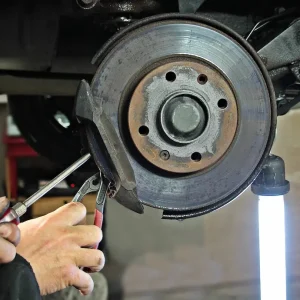Whether you’re new to it or an old hand, driving is a hazardous activity and something that needs your utmost concentration. That’s why drink driving, driving under the influence of drugs and driving distracted are all severely punishable offences. However, something that sometimes slips under the radar but can be just as dangerous is driving while tired.
Figures from ROSPA (the Royal Society for the Prevention of Accidents) suggest that up to 20% of accidents on monotonous roads (like motorways) are fatigue related. Plus, road safety charity Brake found that 10% of at-work drivers concede to having fallen asleep at the wheel, while 50% admit to getting in the car after less than five hours’ sleep.
There is no doubt that people who drive as part of their job are under pressure to get to places at a certain time which increases the chances that they will get behind the wheel when tired. That is why the Fleet Safety Forum has launched ‘The Wake Up campaign’, calling on employers to do more to manage drivers’ schedules and health to prevent tiredness.
There is also the school of thought that this is a bigger issue during the recession because employees are under pressure to get more work done. Of course, driving tired isn’t just a problem that affects business drivers; it is something that all drivers must be mindful of. We all have deadlines to meet, whether they are for work or our social lives, and most drivers do long journeys at some stage, especially when they’re going on holiday.
In recognition of the problem, the manufacturers are driving things forward with new technologies like a system that can read eye movements and react if the driver looks like falling asleep. There are also cars that can react if you suddenly veer off course, a major indicator of a sleeping driver. But while these advances are fantastic, they are not in many cars.
While falling asleep at the wheel is deadly, it’s not just those drivers who fall asleep that are a risk. Just being tired is enough to slow your reactions and increase the chances that you will make bad decisions – both major causes of serious road accidents.
Getting behind the wheel when your driving ability is impaired (whether that be through drink, drugs or tiredness) is irresponsible. I hope that employers will wake up to the fact that their demands on employees shouldn’t force them to drive tired. And for the drivers themselves it’s very simple: if you feel tired don’t drive in the first place, and if you’re already behind the wheel and you feel tired – take a break.





